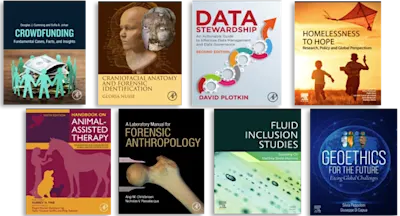This volume fulfills a long-felt need for a single text which documents the theoretical foundations of travel choice modeling. With contributions from a good cross-section of the leading researchers in the field, the work provides a valuable reference which will be of lasting interest and value.
Divided into three parts, Microeconomic Theory, Behavioral Decision Theory and Statistical Theory, the book extends approaches to travel choice modeling beyond the consumer theory developed in economics by applying theories from the fields of geography, psychology and statistics and in doing so addresses two fundamental questions: what are the theoretical foundations of travel choice modeling and what should they be?
Containing twenty specially commissioned chapters, this book represents the latest and best thinking in this rapidly expanding field. Activity-based and dynamic approaches are fast emerging as the state-of-the-art in transport modeling and are replacing trip-based models. This book tackles the key theoretical foundations that underpin these new approaches by asking: are there developments in traditional microeconomic theory which make it useable? Is behavioral decision theory a more appropriate theoretical foundation? Which are the statistical data analytical issues in each case and how can they be solved?

